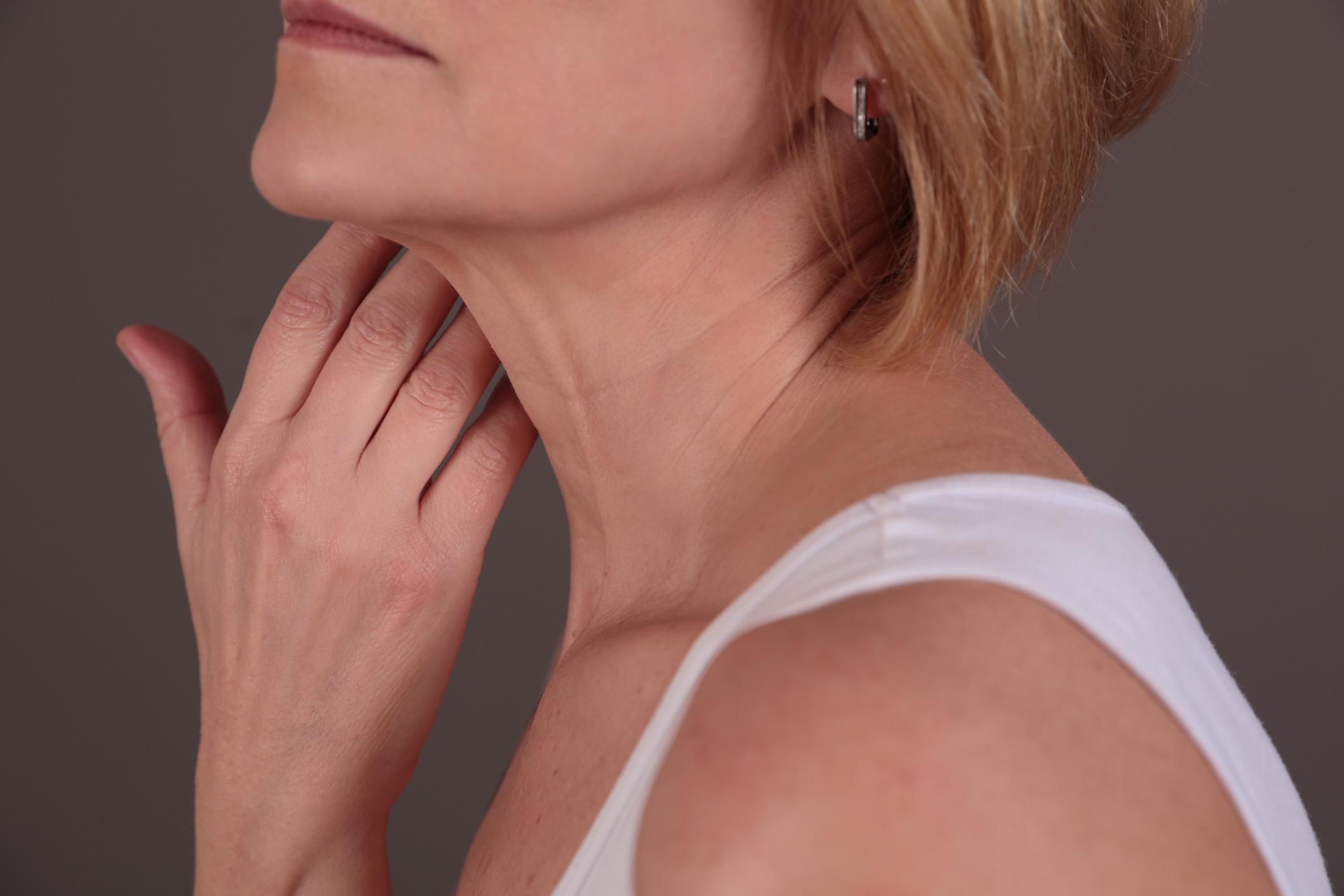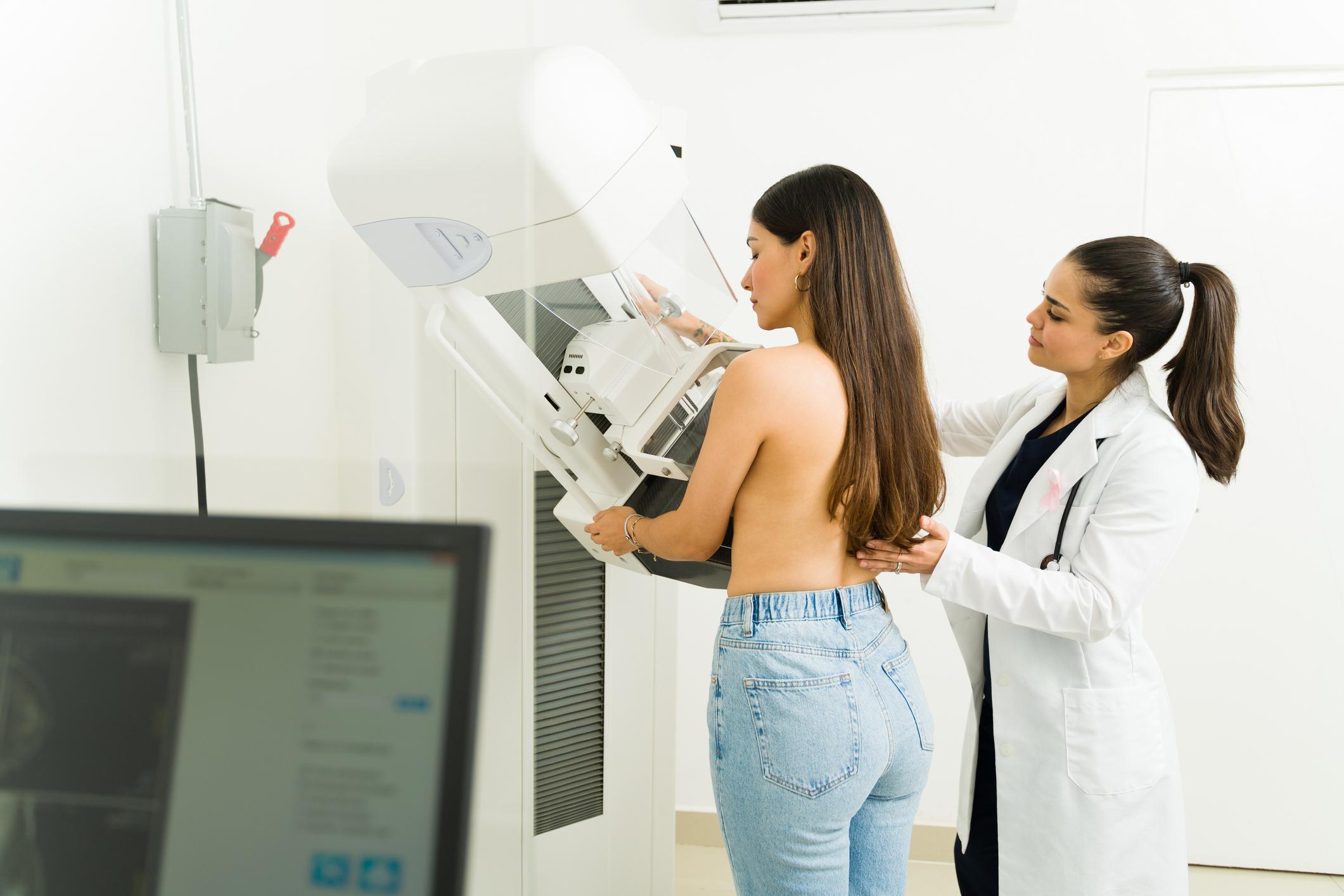September 29, 2005 – The results of studies published to date do not justify the implementation of a breast cancer screening program in women under 50 years of age. At least that’s what the authors of a report believe1 written on behalf of the Quebec Ministry of Health and Social Services.
The Quebec Breast Cancer Screening Program (PQDCS) offers systematic screening every two years to women aged 50 to 69 by means of mammography (mammary glands x-ray). Younger women can only get a mammogram with a doctor’s prescription.
Several countries have instituted such breast cancer screening programs, but controversies remain as to the age at which they should be offered.
This is because the technology used is still imperfect. Mammography does indeed produce many false results, whether positive or negative. A false positive result leads to unnecessary medical interventions, such as a biopsy, which can cause significant physiological and psychological damage. It also happens that this examination does not reveal a cancer that is indeed present.
Importantly, x-rays carry certain risks. Sometimes the radiation used to screen for cancer can induce the disease. The results of a recent study2 indicate that in women under 40 who have had a mammogram regularly over a 10-year period, the procedure causes more deaths than it prevents.
Overall, the results published to date nevertheless indicate that systematic screening contributes to a reduction of 24% to 29% in mortality attributable to breast cancer in women aged 50 and over. If women of all age groups are included, the intervention can only prevent 9% to 15% of deaths.
In the current state of research, it is not known whether the benefits outweigh the risks for women aged 40 to 49.
Called to comment on this news, Dr Paul Lépine, Passeportsanté.net employee, advocates changes in the lifestyle of women above all else. “This debate should not make us forget that early detection is a secondary prevention intervention,” he says. In the first place, it is necessary to reduce the risks by practicing primary prevention: limiting alcohol consumption, avoiding being overweight and exercising ”.
Pierre Lefrançois – PasseportSanté.net
According to Medical news and Associated Press.
1. Deck W, Kakuma R. Screening mammography: a reassessment. Agency for the evaluation of technologies and modes of intervention in health (AETMIS). Government of Quebec, Canada, 2005. [Consulté le 27 septembre 2005]. www.aetmis.gouv.qc.ca
2. Berrington de Gonzalez A, Reeves G. Mammographic screening before age 50 years in the UK: comparison of the radiation risks with the mortality benefits. British Journal of Cancer (2005) 93, 590-596.

















